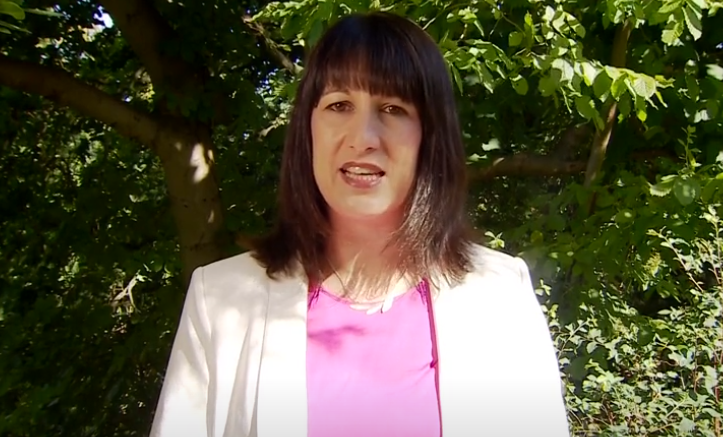13 July 2020 | UK NEWS
Labour are set to join a boycott on Facebook “in solidarity with the Black Lives Matter movement”, a Shadow Cabinet Minister has said.
This is part of global campaign to boycott Facebook, after claims that the company has not done enough to stop hate speech being promulgated on its platform.
Rachel Reeves told the BBC that the party wanted to support this movement in order “to express our concern about the failure of Facebook to take down some hateful material”.
The boycott on Facebook was started by a group called “Stop Hate for Profit”, following the death of George Floyd.
Other organisers, including the US-based National Association for the Advancement of Colored People, have said that Facebook is allowing “racist, violent and verifiably false content to run rampant on its platform”.
On the Andrew Marr show this Sunday, Reeves said: “All MPs in the Labour Party use Facebook to get across our message, but what we’re not doing at the moment is advertising on Facebook.
“And that is in solidarity with the Black Lives Matter campaign, but also in line with what many businesses are doing this month, which is to express our concerns about the failure of Facebook to take down some hateful material from their platform and take more responsibility for the lies and propaganda that are sometimes put out there on Facebook.
“Facebook needs to do more to take responsibility, and this is just one way that businesses and the Labour Party and others can put pressure on Facebook to do the right things and take tougher action on hate crime and hate speech.”
In 2017, political parties spent £3 million on Facebook election adverts.
Facebook has defended its record on removing hate crime from its platform. A European Commission report that found the social network removed 86% of hate speech last year, up from 82.6%.
However, Facebook founder Mark Zuckerberg said that news articles containing hate would be kept up “if the public interest value outweighs the risk of harm”.
“Often, seeing speech from politicians is in the public interest, and in the same way that news outlets will report what a politician says, we think people should generally be able to see it for themselves on our platforms.
“We will soon start labelling some of the content we leave up because it is deemed newsworthy, so people can know when this is the case”.
This would appear to bear similar hallmarks to Twitter’s recent decision to add a ‘disclaimer’ of sorts to tweets by US President Donald Trump.
























